Discover Giving Voice to Depression: Real Stories & Expert Support for Depression and Mental Health
Giving Voice to Depression: Real Stories & Expert Support for Depression and Mental Health

Giving Voice to Depression: Real Stories & Expert Support for Depression and Mental Health
Author: Recovery.com - Depression Help & Support
Subscribed: 1,361Played: 41,310Subscribe
Share
© 2026 Giving Voice to Depression: Real Stories & Expert Support for Depression and Mental Health
Description
Giving Voice To Depression unites lived experience and expert insight to shine a spotlight on depression and mental health. Each week, we bring you honest personal stories, evidence-based strategies, and compassionate conversations to help you understand, cope with, and recover from depression. Whether you’re navigating your own journey, supporting a loved one, or simply seeking to better understand mental-health challenges, this podcast offers real voices, trusted guidance, and a path toward hope. Subscribe now for new episodes every week and join a community where depression isn’t silenced—it’s voiced, understood and overcome.
494 Episodes
Reverse
What if the “sad kid” in school wasn’t just sensitive — but struggling with depression? In this powerful episode of Giving Voice to Depression, Sally looks back at her childhood and teenage years and recognizes signs of depression that were misunderstood or overlooked. Excessive sleeping. Dark poetry. Persistent sadness. Thoughts about suicide. A lonely letter written at age ten. At the time, mental health education was limited. Her teacher raised concerns. Her parents didn’t know what to do....
When Kathleen’s life fell apart near age 50 after a traumatic family event, she found herself battling severe depression, anxiety, PTSD, and suicidal thoughts. After years of therapy and treatment-resistant depression, a turning point came through an unexpected source — crocheting tiny hearts. In this episode of Giving Voice to Depression, Kathleen shares how creating and distributing these handmade hearts evolved into The Little Heart Project, a grassroots movement spreading kindness, connec...
When depression runs in families, so can silence. In this deeply personal episode, Giving Voice to Depression listener Alexander shares his journey from hiding his pain to opening up about it — and helping his family do the same. After years of quietly managing chronic illness, anxiety, and depression, Alexander realized he couldn’t keep pretending he was “fine.” What began as a search for understanding led him to Giving Voice to Depression, where hearing others share openly gave him permiss...
When depression takes hold, even the smallest tasks — doing the dishes, making your bed, sending a text — can feel insurmountable. In this honest and compassionate conversation, writer Molly Bacchus joins host Terry McGuire to talk about what she calls “The Impossible Task.” Molly’s viral description of this experience gave language to something millions silently endure: the crushing paralysis of depression that turns simple responsibilities into emotional mountains. Together, they explore wh...
In this inspiring episode of Giving Voice to Depression, wellness expert and author Darin Olien — co-host of Netflix’s Down to Earth with Zac Efron — opens up about his personal experiences with depression and shares how physical and mental health are deeply connected. Olien, known for his best-selling books SuperLife and Fatal Conveniences, discusses how diet, hydration, sleep, trauma, and emotional awareness play crucial roles in improving mental health. He shares candid reflections on grie...
In part two of his conversation with Giving Voice to Depression, musician, author, and activist Andre Henry continues sharing how creativity, self-compassion, and community have helped him survive depression and suicidal thoughts. Following his song “Make It to Tomorrow”, Andre walks listeners through the tools that keep him grounded — self-hugs, breathing exercises, and reframing shame into self-acceptance. He explains how therapy helped him build a “safety plan” that brings him back from de...
When everything feels unbearable, how do you keep going? In this deeply moving conversation, musician and author Andre Henry shares how writing his song “Make It To Tomorrow” helped him survive one of his darkest moments. Growing up in the Black community, Andre faced the silence and stigma surrounding mental health. Through his art, he began to name his pain — transforming suicidal thoughts into words and melodies that resonated with thousands of listeners. In this episode, Andre opens...
A new year often brings the pressure to reinvent ourselves — to lose weight, quit bad habits, or be more productive. But what if this year, your most important resolution was simply to take better care of your mental health? In this insightful Giving Voice to Depression episode, psychologist and author Dr. Margaret Rutherford joins Terry McGuire and Bridget to talk about setting mental health resolutions that actually help — ones rooted in self-compassion instead of shame. Dr. Rutherford expl...
The holidays can be painful for anyone carrying grief, loss, or depression — especially in a world that insists on constant cheer. In this special annual episode of Giving Voice to Depression, author John Pavlovitz reads his essay “To Those Who Struggle This Christmas” — a heartfelt message to anyone who feels broken, lonely, or unseen this time of year. His compassionate words acknowledge every kind of pain that the season can amplify: grief over loved ones lost, strained relatio...
The holiday season can bring warmth, connection, and joy — but it can also trigger deep stress, loneliness, and depression. In this insightful conversation, Dr. Anita Sanz, psychologist and board member for Giving Voice to Depression, joins hosts Terry McGuire and Bridget to talk about how to navigate the holidays with compassion and balance. Using a surprising lens — Ebenezer Scrooge — Dr. Sanz explores how grief, loss, and unrealistic expectations can transform the season into an emotional ...
In this special episode of Giving Voice to Depression, hosts Terry McGuire and her sister and former co-host Bridget Shore introduce a simple, science-backed tool that anyone can use to calm their nervous system and ease symptoms of depression or anxiety — EFT (Emotional Freedom Technique), also known as tapping. They’re joined by Brad Yates, one of the world’s most recognized EFT practitioners, who guides listeners through a powerful step-by-step tapping session designed specifically for peo...
The holidays are marketed as “the most wonderful time of the year,” but for millions struggling with depression, anxiety, and burnout, the season can feel more overwhelming than joyful. In this special Giving Voice to Depression episode, Terry McGuire and Dr. Anita Sanz discuss how to manage emotional overload and protect your mental health amid unrealistic expectations, family pressures, and financial strain. Dr. Sanz shares compassionate, evidence-based strategies she gives her therapy clie...
The holidays are often portrayed as a time of joy, connection, and celebration—but for many living with depression or grief, this season can feel unbearably heavy. In this episode of Giving Voice to Depression, host Terry McGuire and psychologist Dr. Anita Sanz speak with grief expert Krista St-Germain about how to navigate the emotional complexities of the holiday season when you’re struggling with loss, sadness, or mental exhaustion. Krista explains the difference between grief and depressi...
Michelle is a mom living with depression, anxiety, and ADHD — and raising children diagnosed with OCD, ADHD, and DMDD. In this candid and compassionate episode, she describes how she juggles emotional overwhelm, fights toxic productivity, and clings to small moments of self-care. You’ll hear real strategies from her therapy sessions, how she recognizes early signs of a crash, and why talking to yourself with kindness matters. If you’ve ever wondered how to keep parenting through your own dark...
In this deeply moving episode of Giving Voice to Depression, Cara from Belfast, Northern Ireland, opens up about her journey through years of darkness — from living with untreated depression as a teen to finally finding validation, healing, and light through therapy. Cara describes depression not as constant sadness but as a suffocating grayness — a loss of color, motivation, and meaning. After multiple suicide attempts and years of feeling numb, she reached a breaking point in 2021 and took ...
After years of living with depression — through countless ups, downs, and failed treatment attempts — Caryn finally found light again. In this episode of Giving Voice to Depression, she opens up for the first time about what it’s like to live with treatment-resistant depression, the exhaustion of constantly “trying,” and the unexpected relief that came when she finally found the right therapist and medication. Caryn describes how depression shows up not just mentally, but physically — the ach...
This episode of Giving Voice to Depression features licensed therapist Carolina Bracco and a candid conversation about the profound, long-term effects of growing up with emotionally immature or overly critical parents. Co-hosts Terry McGuire and Carly McCollow explore this often-overlooked area of childhood experience, highlighting how these parental patterns can contribute to depression and shape an adult's life, relationships, and even their own parenting style. Carolina, a chil...
Depression in older adults is one of the most under-discussed — and most misunderstood — mental health challenges today. In this moving episode of Giving Voice to Depression, 93-year-old Mary shares what it’s like to experience depression in later life — when most of her peers have passed away, her body feels unfamiliar, and her generation still believes that “you just don’t talk about those things.” Mary’s story challenges stereotypes about aging and mental health. She speaks candidly about ...
When someone you love is struggling with depression, anxiety, or addiction, knowing how to help can be agonizing — especially when every attempt seems to fail. In this episode of Giving Voice to Depression, licensed psychotherapist and professional interventionist Evan Jarschauer explains what real mental health interventions look like — far from the dramatic TV versions that oversimplify the process. Evan has spent over 20 years helping families and individuals break the cycle of resistance,...
When depression makes it hard to get out of bed, eat, or even believe things will ever get better, a loving pet can be a lifeline. In this moving episode of Giving Voice to Depression, Lori shares how her dogs helped her survive and heal after divorce and severe depression. Lori describes days spent “swimming through mud,” unable to function—until her dogs gave her a reason to get up, go outside, and reconnect with the world. Through their loyalty, routine, and affection, she found purpose an...





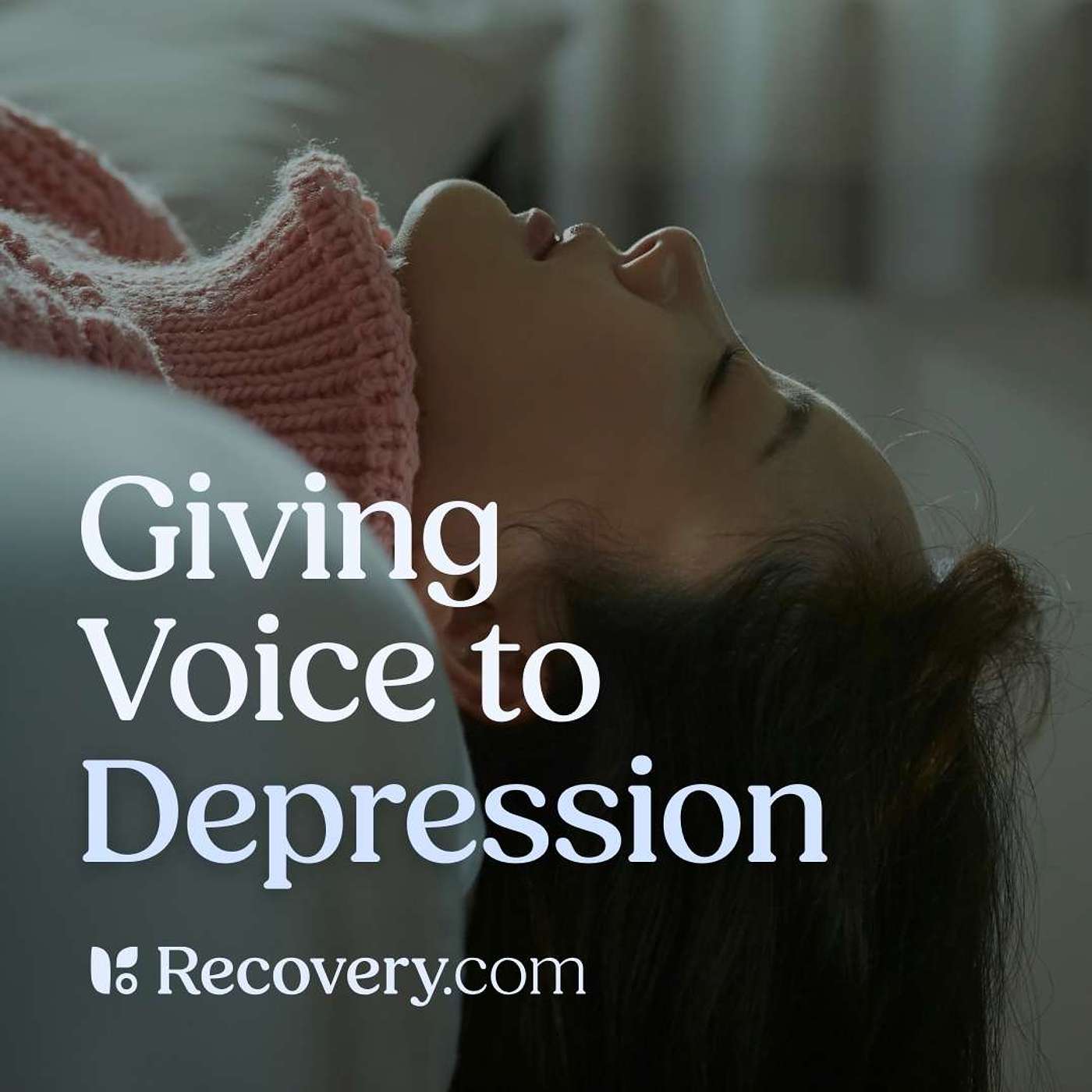
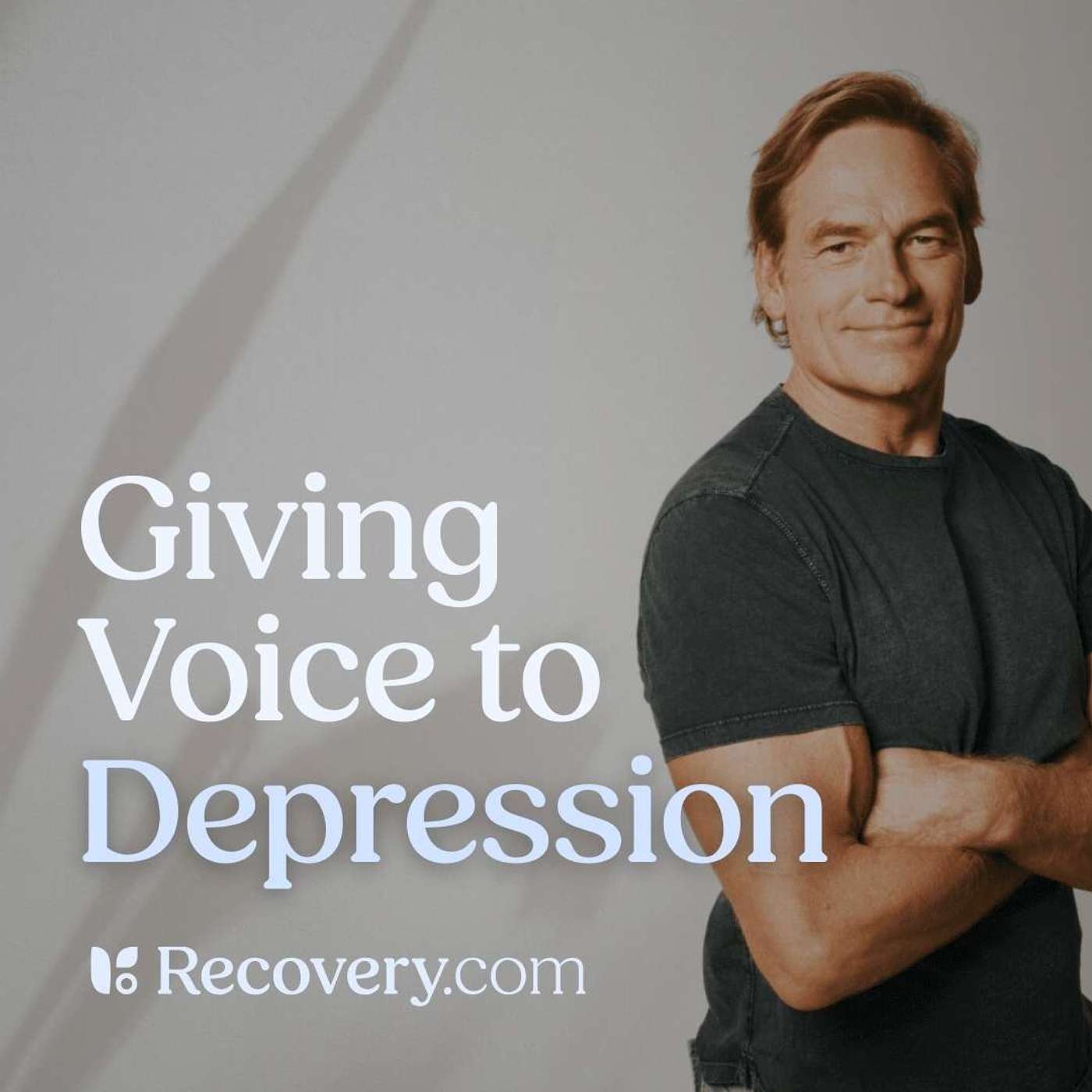
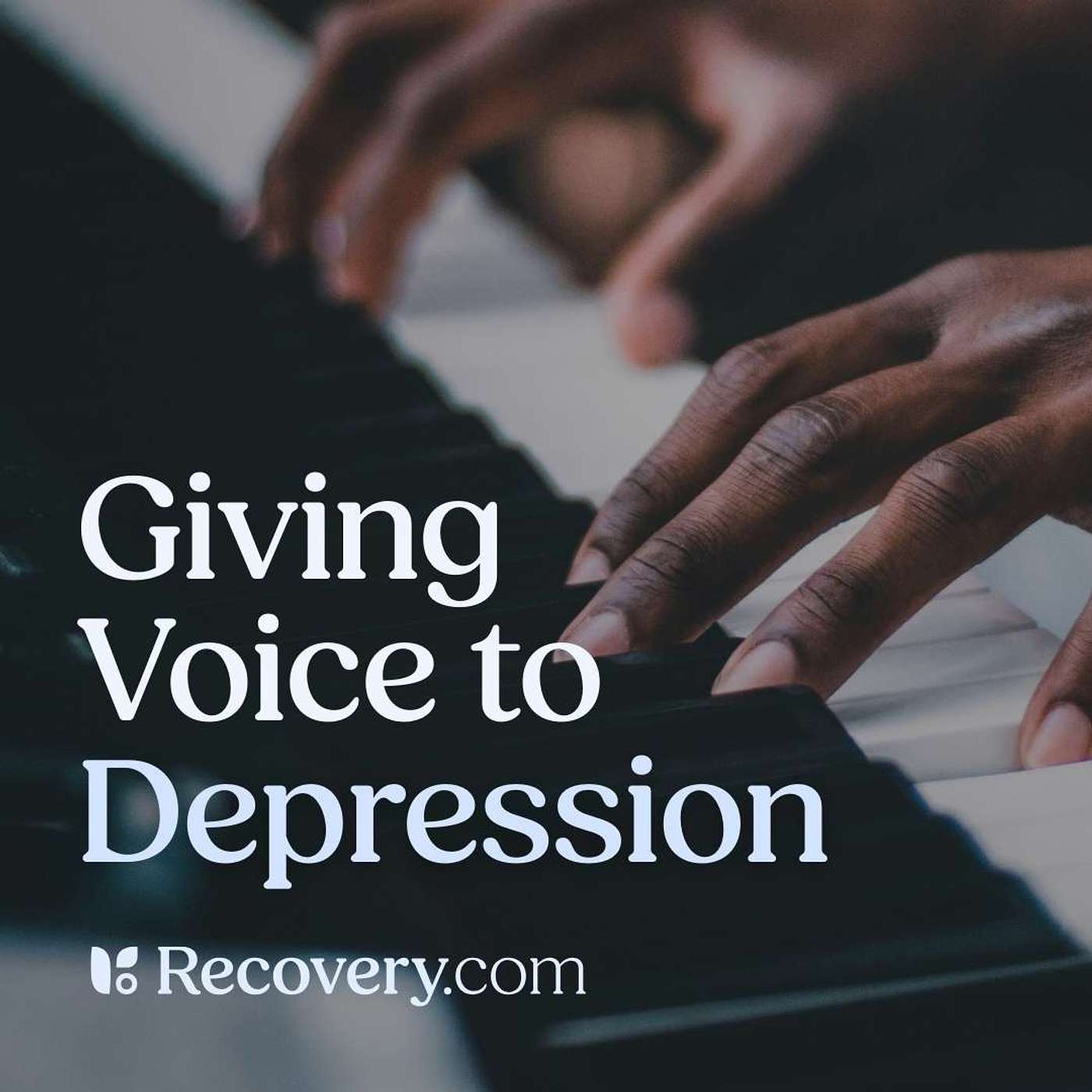
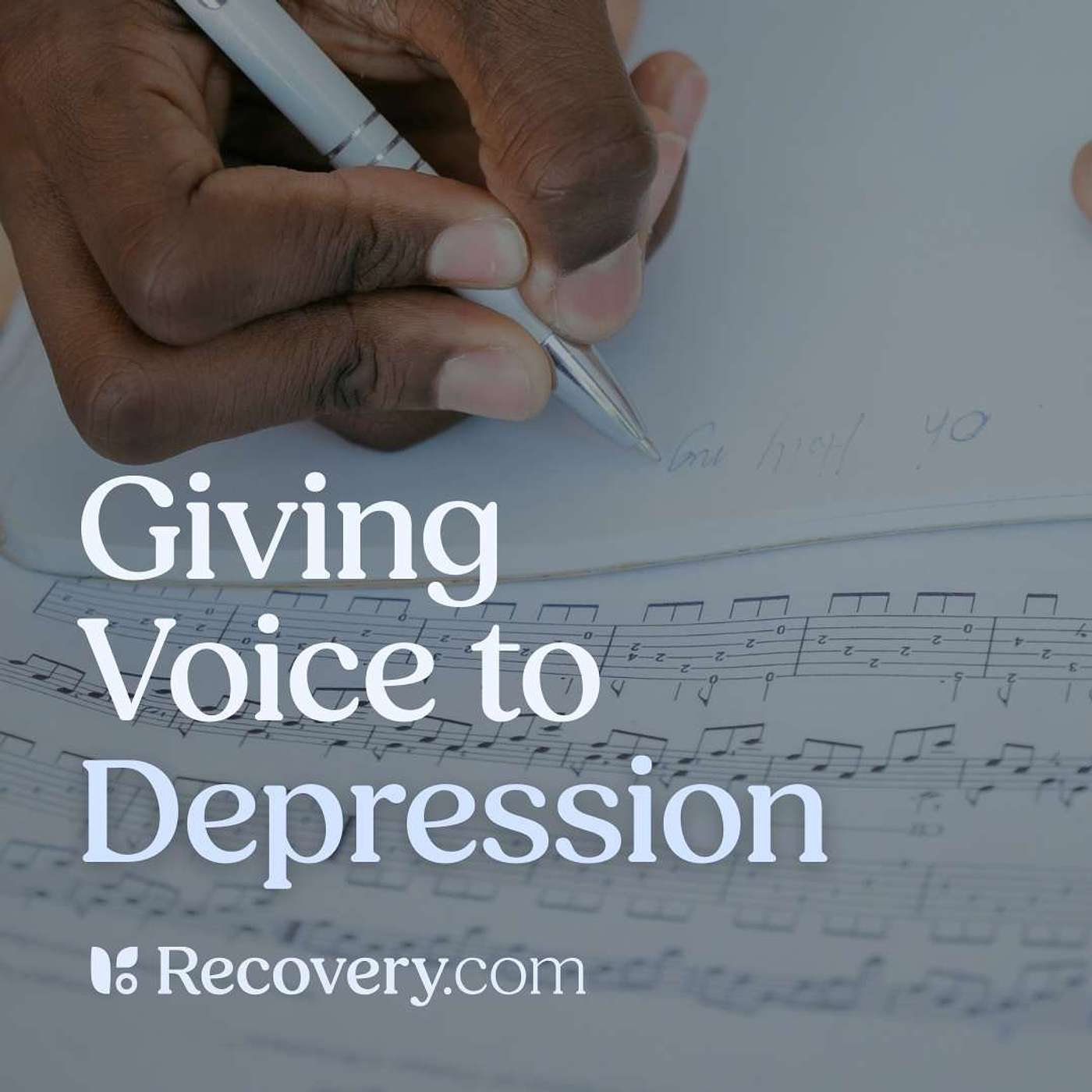
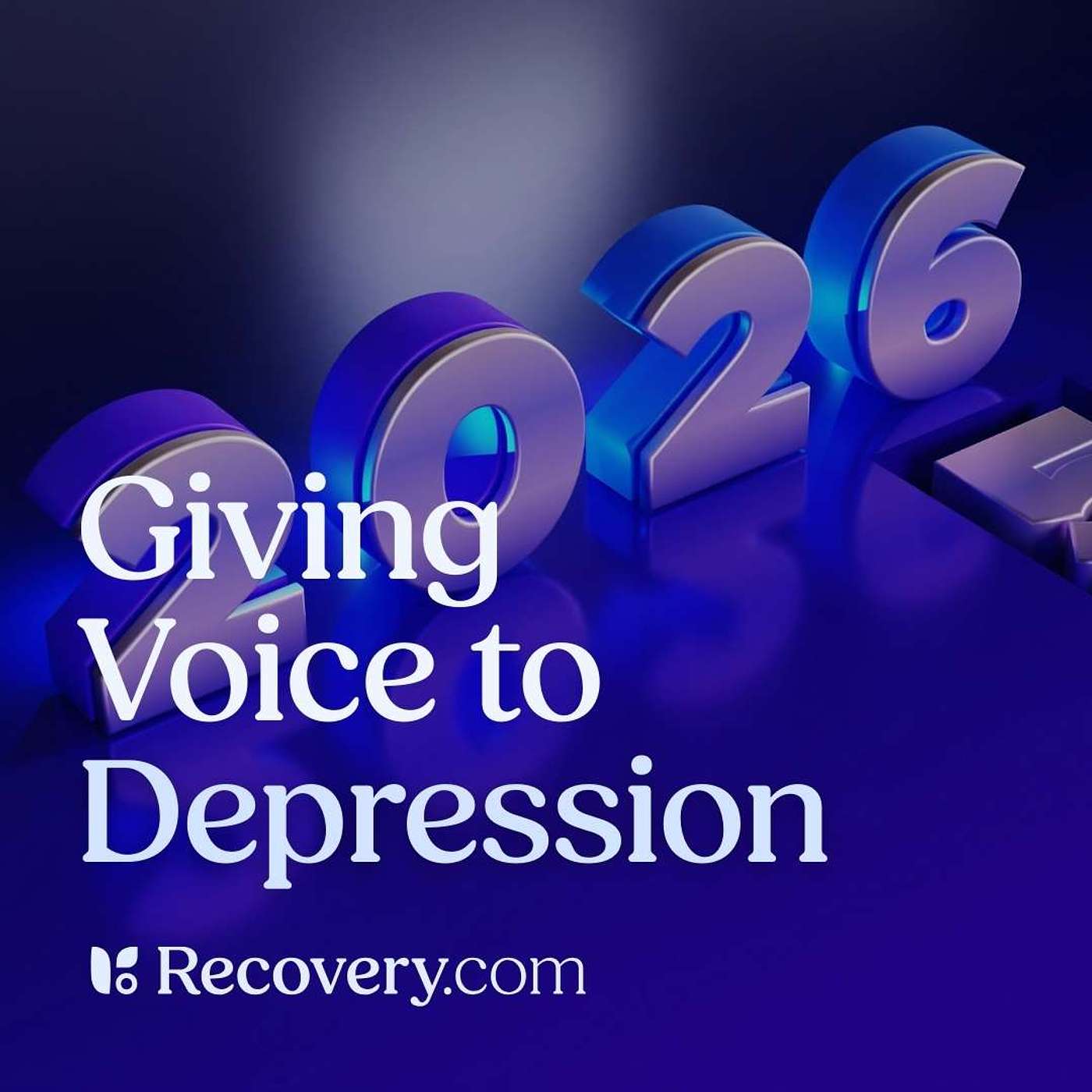
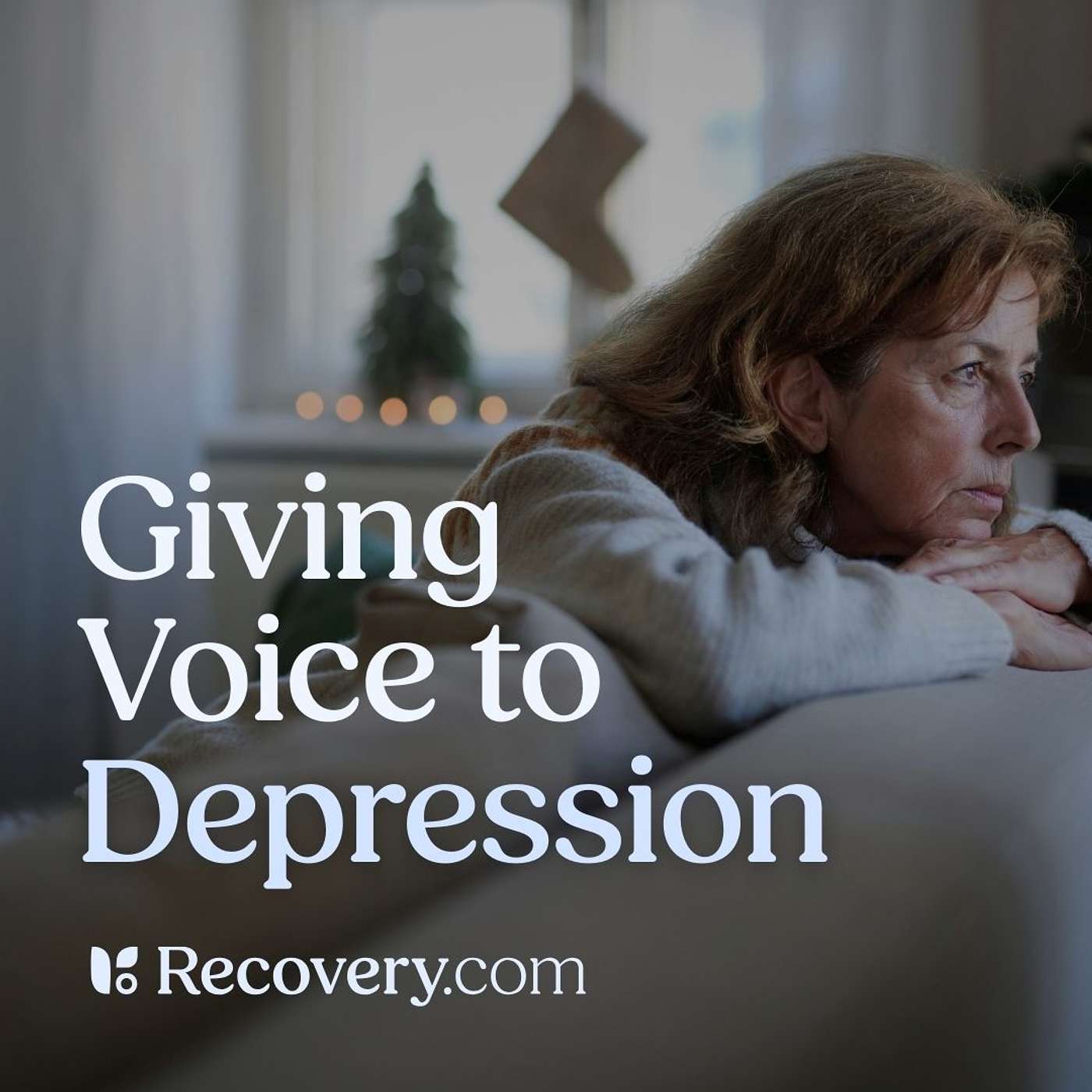
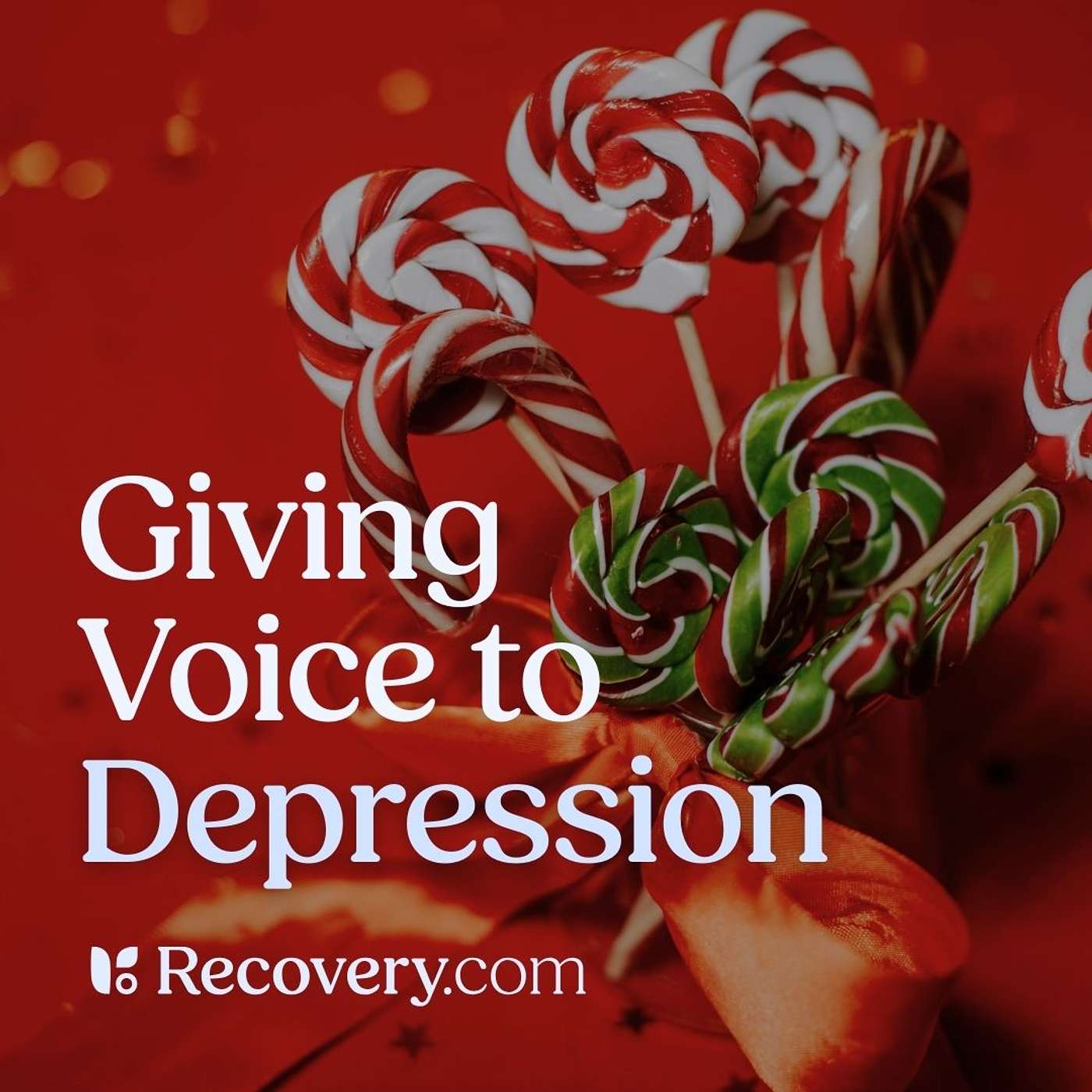


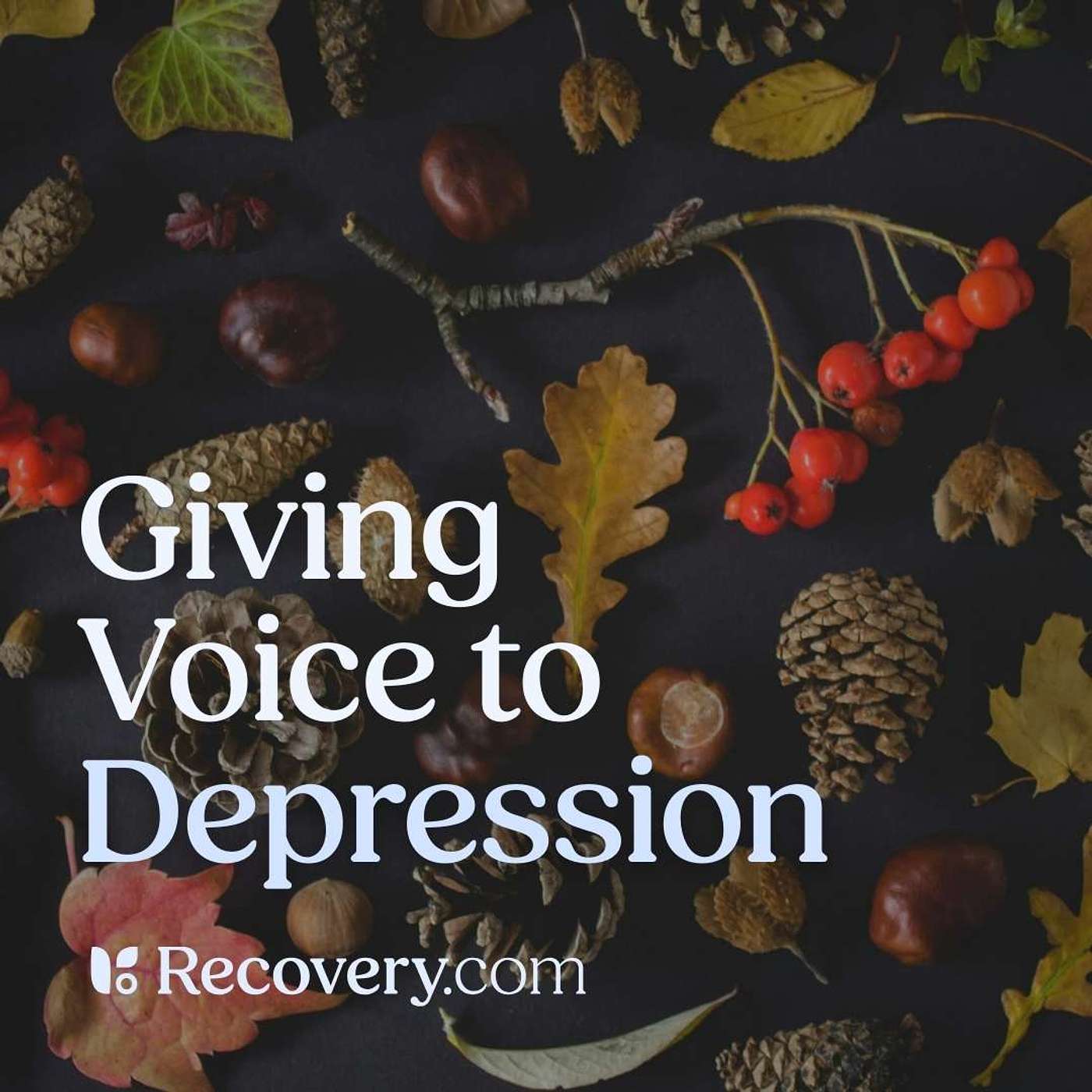










What I don't believe in, is lumping depression in with addiction recovery which sometimes people like to do. That somehow you can alter the Twelve Steps and make "Depression Anonymous." I am not an addict, nor have I ever been, whether its drugs, alcohol, sex, etc. The Twelve Steps were originally created specifically to address alcohol addiction. Having depression doesn't mean you're addicted to a substance. If you were, it's called dual diagnosis.
I really identified with this guest. It was like listening to myself talk I have the same issue.
He makes such a good point in reminding us to be KIND to ourselves. Depression sometimes makes us say the most horrible things to ourselves. And they SEEM so real at the time. But they'rere lies. Thank you for doing this podcast.
it was wrong .we have at least almost 50 melion depressed people in my country
Can I have the link of his blog
I've experienced what you felt, but it's like you know, unstable emotions that I just couldn't control anymore. there are times when I just wanna ended up my life, but then I remembered about my family. It just that I was kind of my Family connector and I couldn't imagine how my family would be If i'm gone:(
yess
These were amazing conversation starters. I'm planning to reframe them to use them to let my loved one know I'm here as a non stressful support system when they're ready to share and plan. thank you for this great resource.